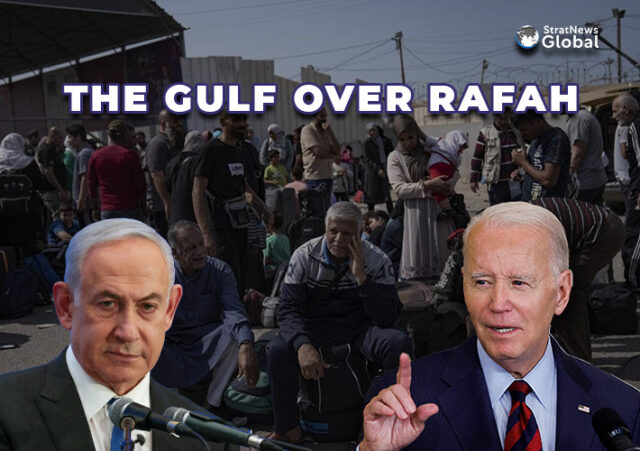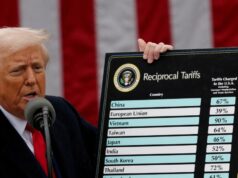It is US Secretary of State Antony Blinken’s sixth visit to West Asia in less than six months, since the Israel-Hamas war began. A trip to Riyadh, a meeting with Arab foreign ministers, Palestinian officials and of course destination Tel Aviv.
The immediate priority is to bring about a ceasefire and release of hostages held by Hamas so that Gaza, which is battling a humanitarian crisis and staring at a famine as the UN has warned, gets the aid it desperately needs.
One man who’s standing in the way is the Israeli Prime Minister. Benjamin Netanyahu has so far been adamant about launching a ground offensive in Rafah and has a plan for evacuating civilians before that. He insists it is needed to finish off the remaining battalions of Hamas hiding there.
Rafah is teeming with the war displaced from other parts of Gaza, that’s about 1.4 million people. So there’s fear that a ground operation would lead to a carnage of civilians. The Egyptians are worried it could mean an influx of many refugees from Gaza into their territory which adjoins Rafah.
Other Arab leaders are concerned about rising public anger in their countries against the Israeli offensive and the Biden administration is trying a balancing act between both Jewish and Arab Americans in an election year.
The United States is pushing for a tough UN resolution calling for an immediate ceasefire in Gaza. Joe Biden called up Netanyahu earlier this week and the latter agreed to send a team of experts to Washington to discuss plans for Rafah. But he says Israel is determined to achieve total victory and that won’t be possible without dismantling the Hamas terror infrastructure in Rafah.
Netanyahu’s office put out a statement indicating the road ahead: “There have been times when we have agreed with our friends, and there have been times when we have not agreed with them. In the end, we have always done what is vital for our security, and this is what we will do this time as well.”
At six feet and over, cool, calm and always collected. Never a hair out of place. He is the high priest of editorial facts, grammar is his baby and headlines are meat on the bone. Loves samosas and cricket, tracks Twitter and when in his cups, nothing better than Jagjit Singh’s ghazals.





